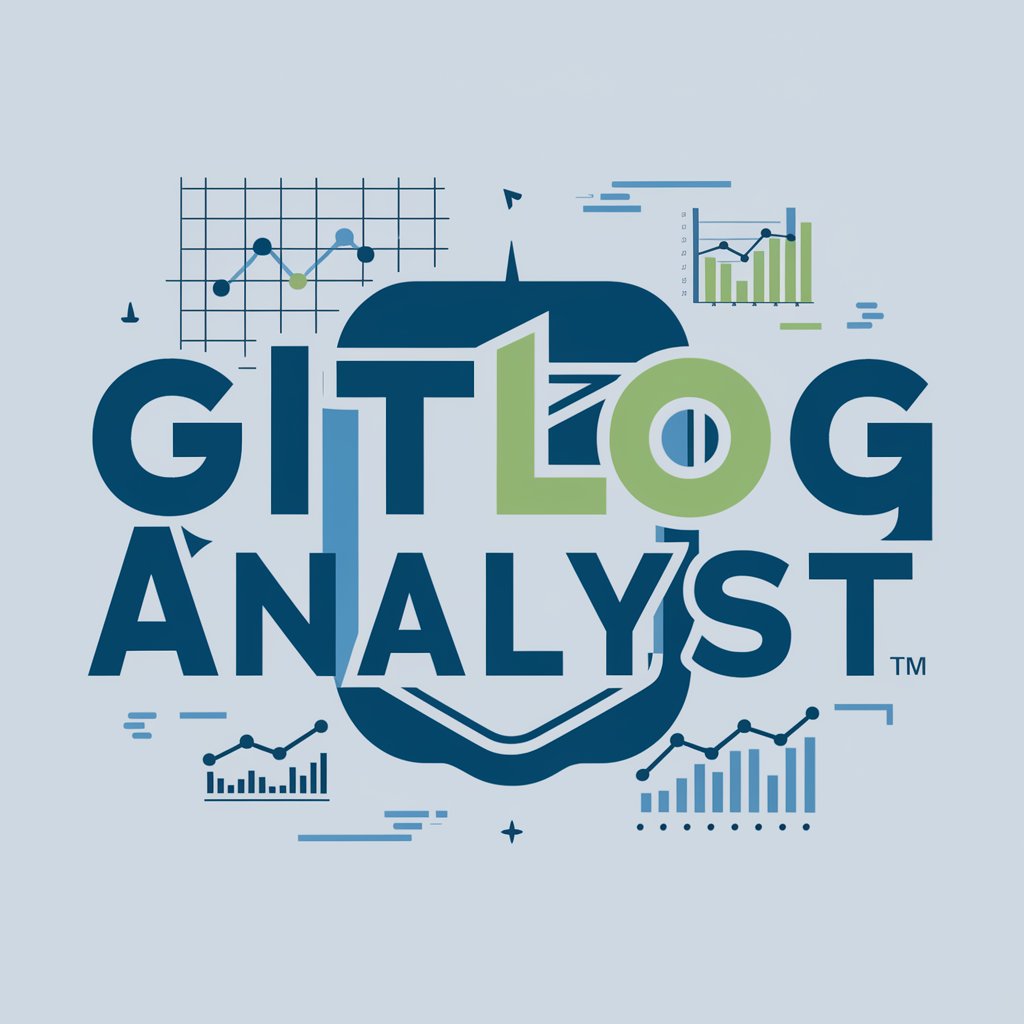
Log Analyzer - AI-powered log analysis tool

AI-driven log analysis for smarter troubleshooting
I need help with data analysis for critical errors
I need help with data analysis for known vulnerabilities
I need help with data analysis for signs of hacking
I need help with data analysis for abnormal behavior
Get Embed Code
Overview of Log Analyzer
Log Analyzer is a specialized tool designed to help users analyze and interpret log files from various systems and applications. Its primary function is to assist in detecting, diagnosing, and resolving issues found within logs, offering insights that improve operational efficiency and troubleshooting accuracy. It simplifies the complex task of parsing through large amounts of unstructured log data by identifying patterns, errors, and anomalies, as well as providing actionable recommendations. The tool can be applied across industries such as IT operations, cybersecurity, and software development. For example, a company experiencing frequent server downtimes can use Log Analyzer to process logs from their infrastructure. The tool will detect recurring error codes and notify the IT team, pinpointing the cause of the issue, such as a misconfigured network setting or resource overload. Powered by ChatGPT-4o。

Key Features and Functionalities
Error Detection
Example
Log Analyzer scans logs for predefined error codes or patterns (e.g., '500 Internal Server Error').
Scenario
In a web application, a sudden surge in error logs can signal a problem with a recent code deployment. Log Analyzer would highlight these errors and track the times they occur, allowing developers to trace them back to the faulty code section and quickly roll back changes.
Anomaly Detection
Example
The tool uses machine learning algorithms to identify unusual patterns or behaviors within logs that don't follow expected trends.
Scenario
An e-commerce platform might notice irregular traffic spikes or transaction failures. Log Analyzer can detect these anomalies early and alert security or operations teams to investigate potential cyberattacks, such as DDoS attempts or bot traffic.
Log Aggregation and Correlation
Example
It aggregates logs from various sources like web servers, databases, and applications into a unified view.
Scenario
For a complex system consisting of microservices, Log Analyzer can correlate logs from different services. This helps in identifying root causes of performance issues, like when a delay in the database service triggers errors in the web application.
Root Cause Analysis (RCA)
Example
Log Analyzer provides a step-by-step breakdown of events leading up to an issue.
Scenario
In a case where an API stops functioning, the tool can trace back through the logs, identifying network timeouts or database failures that contributed to the outage, allowing teams to resolve the issue faster.
Alerting and Notifications
Example
Users can configure custom alerts based on certain log patterns or thresholds being exceeded.
Scenario
If CPU usage exceeds a certain threshold on a server, Log Analyzer can send an alert to the system administrator, enabling them to take preventative actions before the server crashes.
Target User Groups
System Administrators
These users manage infrastructure such as servers, networks, and databases. Log Analyzer helps them monitor system performance, detect hardware issues, and preemptively resolve problems by providing real-time insights into the health of the infrastructure through log data analysis.
DevOps Engineers
DevOps teams are responsible for maintaining continuous integration and deployment (CI/CD) pipelines. Log Analyzer helps them by detecting issues in deployments, automating the monitoring of service health, and streamlining debugging efforts during production incidents, ensuring high system availability.
Cybersecurity Teams
These professionals focus on detecting and mitigating security threats. Log Analyzer is crucial in scanning for anomalies in logs that might indicate security breaches, unauthorized access, or other malicious activities, helping them take rapid action against threats.
Software Developers
Developers use log files to debug applications and identify performance bottlenecks. Log Analyzer assists by highlighting application-level issues, like code exceptions or slow database queries, offering detailed insights to refine the development process and improve code quality.
IT Operations Teams
This group monitors day-to-day operations of IT infrastructure. Log Analyzer provides them with a holistic view of system health by consolidating logs from different platforms, helping them identify performance trends, downtime causes, and potential risks to ensure smooth operations.

How to Use Log Analyzer
Step 1
Visit yeschat.ai for a free trial without login, also no need for ChatGPT Plus.
Step 2
Upload your log files or provide access to the logs via API. The tool supports multiple log formats and can handle large datasets.
Step 3
Define your analysis parameters. You can focus on error logs, performance issues, or specific time intervals to narrow down results.
Step 4
Run the analysis. The tool processes logs and highlights anomalies, error patterns, or any significant trends in real time.
Step 5
Review the detailed report. The tool provides insights and recommendations based on the analysis to help resolve issues quickly.
Try other advanced and practical GPTs
Calculus Calculator
AI-powered calculus solver with detailed steps

Vitis High Level Synthesis (HLS) Hardware Design
AI-powered high-level synthesis for FPGAs.

Image to Video Generator
Transform images into videos with AI

Asesor de comunicaciones empresariales
AI-Powered Business Writing Made Easy

Instaminator
AI-Powered Instagram Growth Tool

Chat MIDI - Music Composer
AI-powered MIDI composition for all genres.
のYouTube Shorts Viral Creator
AI-powered viral YouTube Shorts scripting.

Occupational Health and Safety Consultant
AI-powered Occupational Health and Safety insights

EN-RU Translator
AI-driven translations for English and Russian.

Doodle font watercolor by Manootart
AI-powered watercolor font designer

Linux
AI-powered Linux usage for all

Excel en español
AI-powered Excel help in Spanish.

Log Analyzer: Common Questions
What types of logs can Log Analyzer process?
Log Analyzer supports various types of logs, including system logs, application logs, security logs, and custom log formats. This makes it versatile for troubleshooting across different platforms.
How does Log Analyzer identify anomalies?
Using AI-powered algorithms, Log Analyzer detects patterns, irregularities, and outliers in the data. It compares typical log behavior to abnormal occurrences to flag potential issues.
Can I schedule regular log analysis?
Yes, Log Analyzer allows you to automate log processing by setting schedules for routine analysis. This ensures continuous monitoring and timely alerts for any new issues.
Does Log Analyzer provide actionable insights?
Yes, after analyzing the logs, Log Analyzer generates a report with actionable insights. These include potential root causes, optimization suggestions, and ways to prevent future issues.
Is Log Analyzer suitable for real-time monitoring?
Absolutely, the tool is designed for both real-time and retrospective log analysis. It can alert users to immediate problems and help them understand trends over time.





